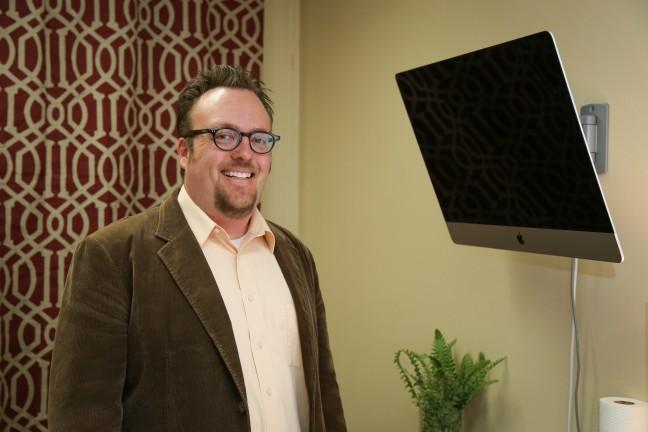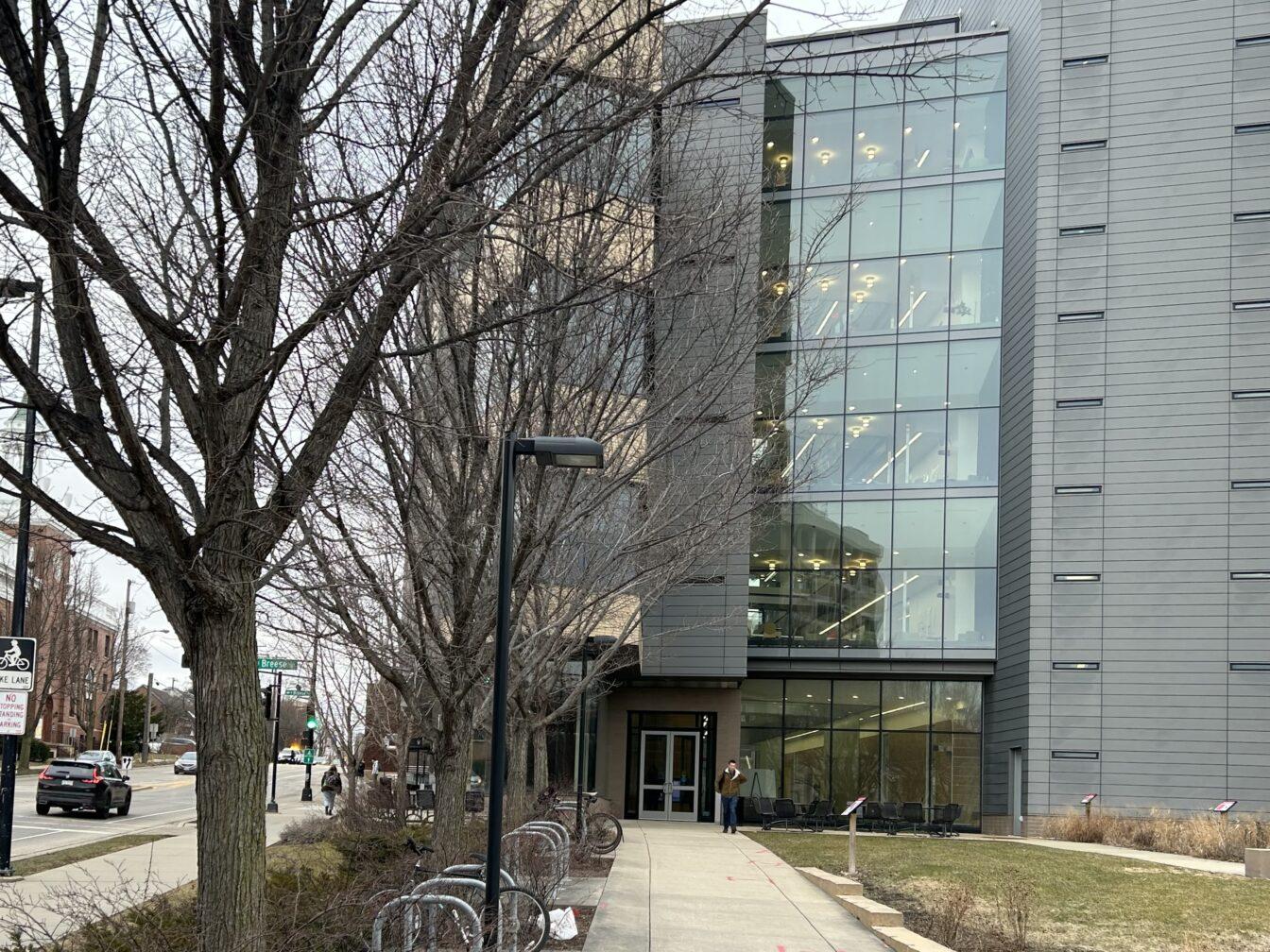University of Wisconsin journalism professor Michael Wagner’s lab has a hunch that the way people think about politics might have more to do with actual feelings than most people realize.
The Physiology and Communications Effects lab is a place for researchers to test questions about how the environment and body interact when people are making political decisions and consuming different kinds of communication, Wagner said. It operates off the idea that people’s attitudes, much like eye color and personality, are in some way affected by biology.
“A few different folks from around the country, myself included, have decided to try to unpack the black box of unseen factors that might influence our attitudes,” Wagner said.
Wagner’s quest to delve into invisible factors affecting political attitudes started while he taught in Nebraska, where he showed subjects pictures of perhaps the most recognizable man in America: President Barack Obama.
Wagner said even when they controlled for what people said they thought about the photograph, their physical reaction was a significant predictor of not only how strongly they felt about Obama, but also how strongly they felt about health care reform, his signature policy proposal.
“What we think we’re showing is that above and beyond the important responses that people give in surveys, there’s something else happening to them when they’re thinking about politics,” Wagner said. “They’re thinking something and they can’t always articulate the feeling in a way that we can measure with a conventional survey.”
Wagner’s PACE lab uses a variety of tools to test levels of physiological reaction. First, the lab uses electrodermal activity, colloquially known as lie detector technology, which detects the amount of electricity conducted through the moisture in skin. This allows researchers to detect arousal, but not whether the emotion is positive or negative, Wagner said.
To test the direction of the emotions, Wagner said the lab uses a method called electromyography, or EMG. EMG uses sensors to detect movement in facial muscles. For example, when muscles associated with smiling or frowning are activated, the researcher can tell if reaction is positive or negative, Wagner said.
The lab also tests subjects’ heart rates, Wagner said. When people are engaged with a stimulus, for example, focused on a debate or speech, their heart rate tends to be slower than when they are distracted, he said.
Right now, the PACE lab is looking into how people physically respond to political debate, Wagner said. He said they are curious about the effects of debates on policy versus debates that are more contentious, where politicians make personal attacks or even vilify one another.
Wagner said the lab is also interested in whether the subject is in the party being attacked, or whether the party with which they identify is doing the attacking.
“How people respond when they are getting attacked, how people respond when they are on the attack, we think that would help us understand our polarized politics a little better,” Wagner said.
Wagner said his research does not mean things like religion, schooling and income do not affect people’s political attitudes, but that biology could be a less obvious but equally important factor.




















